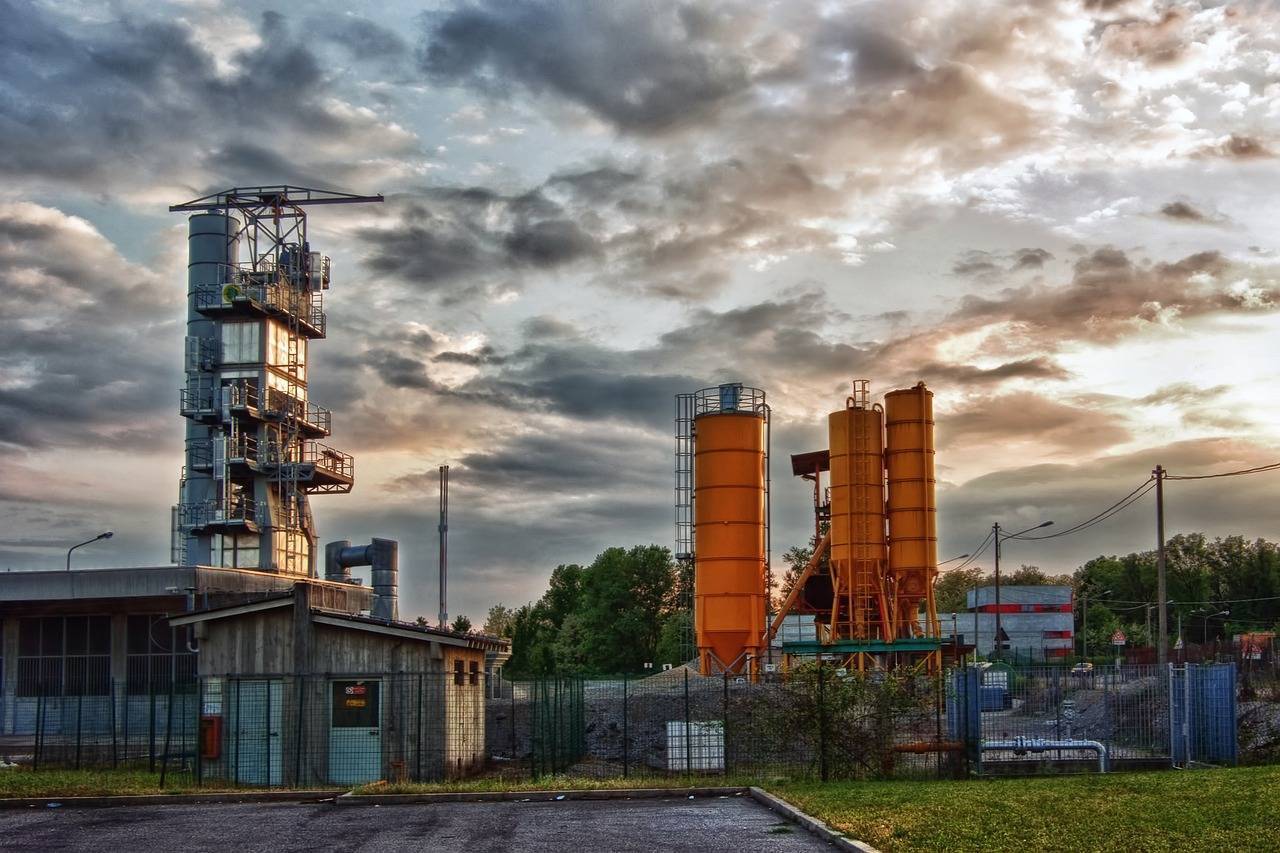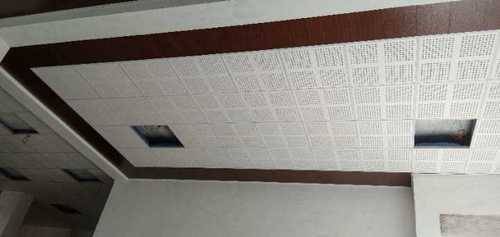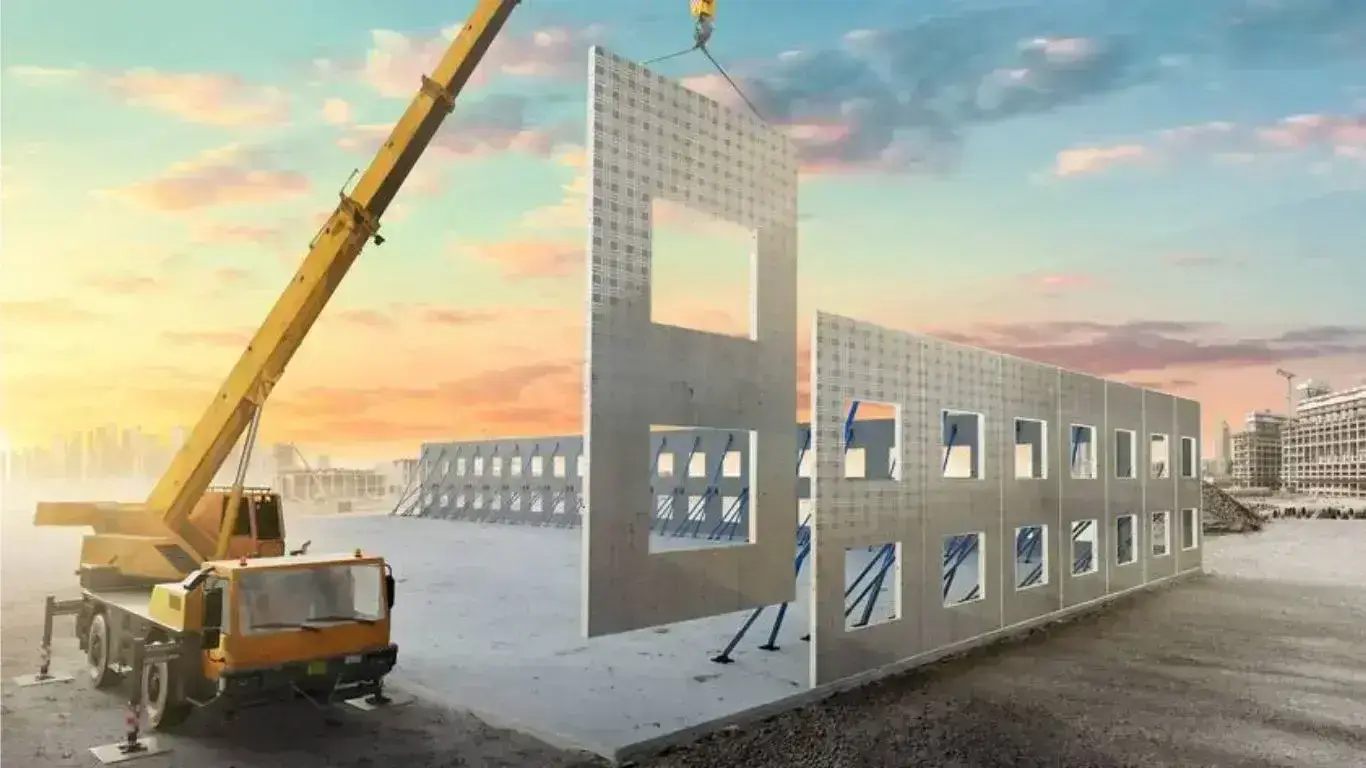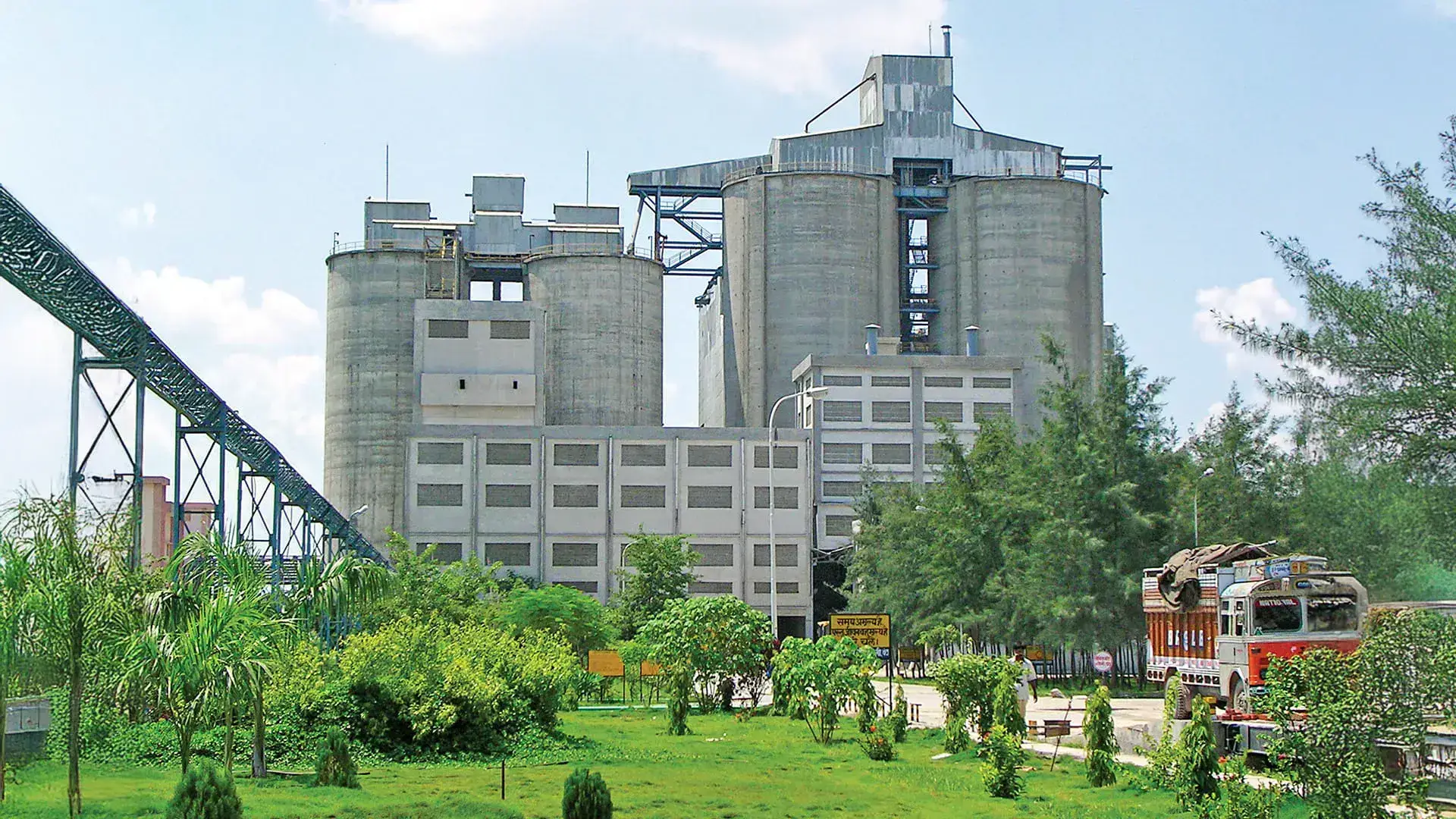JK Lakshmi Cement and Chettinad Cement have emerged as leading contenders to acquire Telangana-based Deccan Cements, amid increasing demand for building materials in Andhra Pradesh due to a state-backed infrastructure programme.
According to individuals familiar with the matter, discussions are ongoing and have reached an advanced stage. The potential acquisition could value Deccan Cements at around $360 million, or approximately ₹3,110 crore, as reported by the Economic Times. Investment advisory firm EY has been engaged by Deccan to manage the sale process.
Deccan Cements is projected to reach a manufacturing capacity of 4 million tonnes per annum by the end of calendar year 2025. At the estimated deal value, the enterprise valuation translates to $90 per tonne of cement capacity, below the $100 per tonne benchmark usually associated with new greenfield expansions in the cement sector.
The cement industry in India operates on regional dynamics due to high freight costs and logistical constraints. Southern India, where Deccan operates, has typically recorded lower capacity utilisation rates and relatively restrained net cement realisation (NCR). As a result, replacement cost valuations in this geography tend to be more conservative than the northern or western zones.
Deccan’s operations include integrated cement plants located near Vijayawada, the second-largest city in Andhra Pradesh. Its administrative headquarters remain in Hyderabad. The company is currently led by Parvathi Penmetcha.
The growing interest in Deccan is closely tied to infrastructure activity in Andhra Pradesh, particularly around the Amaravati region. As per the Economic Times report, the central government has committed ₹50,000 crore for new infrastructure projects in and around the capital region, which is expected to boost cement consumption in the state over the medium term.
For Delhi-headquartered JK Lakshmi Cement, acquiring Deccan would provide an immediate presence in Andhra Pradesh and Telangana — two markets where the company currently does not operate any production facilities. JK Lakshmi has primarily focused on the northern and western markets, including Rajasthan, Gujarat, and Chhattisgarh.
In contrast, Chennai-based Chettinad Cement already has an established presence in both Andhra Pradesh and Telangana, and the potential acquisition of Deccan could allow it to further consolidate market share in the region. Analysts tracking the sector believe Chettinad may pursue operational synergies and logistical optimisation through the deal.
While no formal announcement has been made by any of the involved parties, sources indicated that preliminary evaluations and due diligence are currently underway. Any finalisation of the deal will likely depend on valuation alignment, regulatory approvals, and strategic integration plans.
The development comes at a time when India’s cement sector is witnessing heightened consolidation activity. Regional producers with limited scale or older plants have increasingly become acquisition targets for larger players looking to expand geographic reach and gain capacity without incurring greenfield development risks.
If the deal progresses, it would mark another step in the ongoing realignment of cement capacities across India, particularly in high-growth corridors like Andhra Pradesh that are experiencing renewed government investment in physical infrastructure.









.png)